Filter by
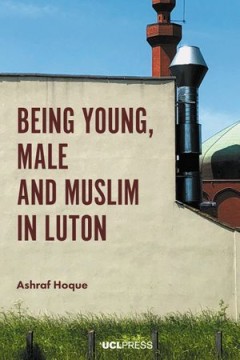
Being Young, Male and Muslim in Luton
What is it like to be a young Muslim man in post-7/7 Britain, and what impact do wider political factors have on the multifaceted identities of young Muslim men? Drawn from the author’s ethnographic research of British-born Muslim men in the English town of Luton, Being Young, Male and Muslim in Luton explores the everyday lives of the young men and, in particular, how their identity as Musli…
- Edition
- -
- ISBN/ISSN
- 978-1-78735-137-0
- Collation
- -
- Series Title
- -
- Call Number
- 297.092 HOQ b
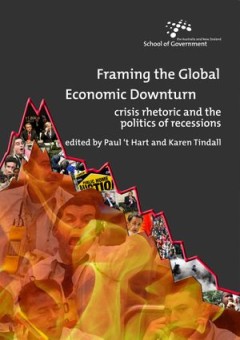
Framing the Global Economic downturn : Crisis rhetoric and the politics of re…
The global economic downturn that followed the collapse of major US financial institutions is no doubt the most significant crisis of our times. Its effects on corporate and governmental balance sheets have been devastating, as have been its impacts on the employment and well being of tens of millions of citizens. It continues to pose major challenges to national policymakers and institutions a…
- Edition
- -
- ISBN/ISSN
- 9781921666056
- Collation
- -
- Series Title
- -
- Call Number
- 650
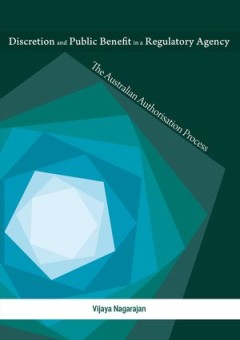
Discretion and Public Benefit in a Regulatory Agency
This book explores the manner in which a variety of public benefits such as environmental protection and consumer safety have been accommodated through the authorisation process within competition law and policy in Australia. While the regulator’s use of its discretion can be explained as a triumph of practice over theory, this book explores the potential for competition principles to be imbu…
- Edition
- -
- ISBN/ISSN
- 9781922144355
- Collation
- -
- Series Title
- -
- Call Number
- 650
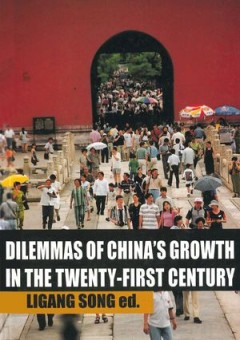
Dilemmas of China's growth in the Twenty-First Century
Since economic reforms began in 1978, China has been a focal point for observing the effects of market liberalisation. China has not only truly become one of
- Edition
- -
- ISBN/ISSN
- 9781922144584
- Collation
- -
- Series Title
- -
- Call Number
- 650
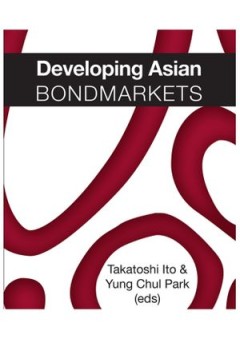
Developing Asian Bondmarkets
The absence of vibrant bondmarkets in East Asia was a significant contributor to the 1997–98 financial crisis. Ever since, the development of local bondmarkets has been a major objective of financial reforms in many East Asian economies. This effort has been frustrated by the inability to reach a consensus on whether Asian bondmarkets are truly needed in East Asia, whether they can be made vi…
- Edition
- -
- ISBN/ISSN
- 9781925021400
- Collation
- -
- Series Title
- -
- Call Number
- 650
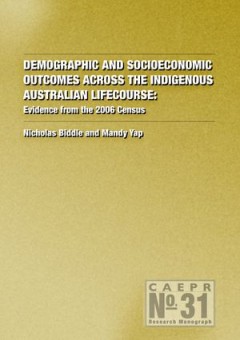
Demographic and Socioeconomic Outcomes Across the Indigenous Australian Lifec…
Across almost all standard indicators, the Indigenous population of Australia has worse outcomes than the non-Indigenous population. Despite the abundance of statistics and a plethora of government reports on Indigenous outcomes, there is very little information on how Indigenous disadvantage accumulates or is mitigated through time at the individual level. The research that is available highli…
- Edition
- -
- ISBN/ISSN
- 9781921862038
- Collation
- -
- Series Title
- -
- Call Number
- 650
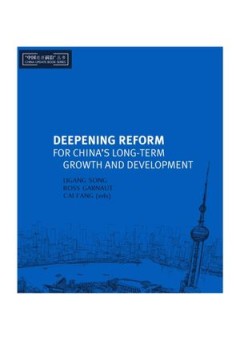
Deepening Reform for China’s Long-term Growth and Development
The Chinese economy has entered a new phase of development in which sources of growth are not so much dependent upon pure increases in labour, investment and credit expansion, but from productivity improvement, structural changes, technological progress and the benefits from improvement of the social security and welfare improvement. When market functions are fully established to become a main …
- Edition
- -
- ISBN/ISSN
- 9781925021776
- Collation
- -
- Series Title
- -
- Call Number
- 650
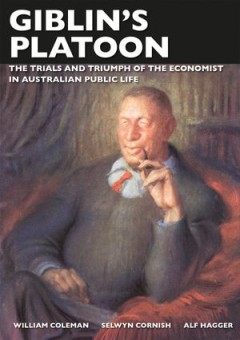
Giblin's Platoon : The trials and triumph of the economist in Australian publ…
Economists; Australia
- Edition
- -
- ISBN/ISSN
- 9781920942502
- Collation
- -
- Series Title
- -
- Call Number
- 650
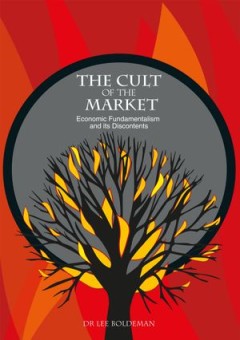
The Cult of the Market : Economic Fundamentalism and its Discontents
The Cult of the Market: Economic Fundamentalism and its Discontents disputes the practical value of the shallow, all-encompassing, dogmatic, economic fundamentalism espoused by policy elites in recent public policy debates, along with their gross simplifications and sacred rules. Economics cannot provide a convincing overarching theory of government action or of social action more generally. Fu…
- Edition
- -
- ISBN/ISSN
- 9781921313547
- Collation
- -
- Series Title
- -
- Call Number
- 650

Ngapartji Ngapartji: In turn, in turn: Ego-histoire, Europe and Indigenous Au…
In this innovative collection, Indigenous and non-Indigenous scholars from Australia and Europe reflect on how their life histories have impacted on their research in Indigenous Australian Studies. Drawing on Pierre Nora’s concept of ego-histoire as an analytical tool to ask historians to apply their methods to themselves, contributors lay open their paths, personal commitments and passion in…
- Edition
- -
- ISBN/ISSN
- 9781925021738
- Collation
- -
- Series Title
- -
- Call Number
- 306 NGA n
 Computer Science, Information & General Works
Computer Science, Information & General Works  Philosophy & Psychology
Philosophy & Psychology  Religion
Religion  Social Sciences
Social Sciences  Language
Language  Pure Science
Pure Science  Applied Sciences
Applied Sciences  Art & Recreation
Art & Recreation  Literature
Literature  History & Geography
History & Geography